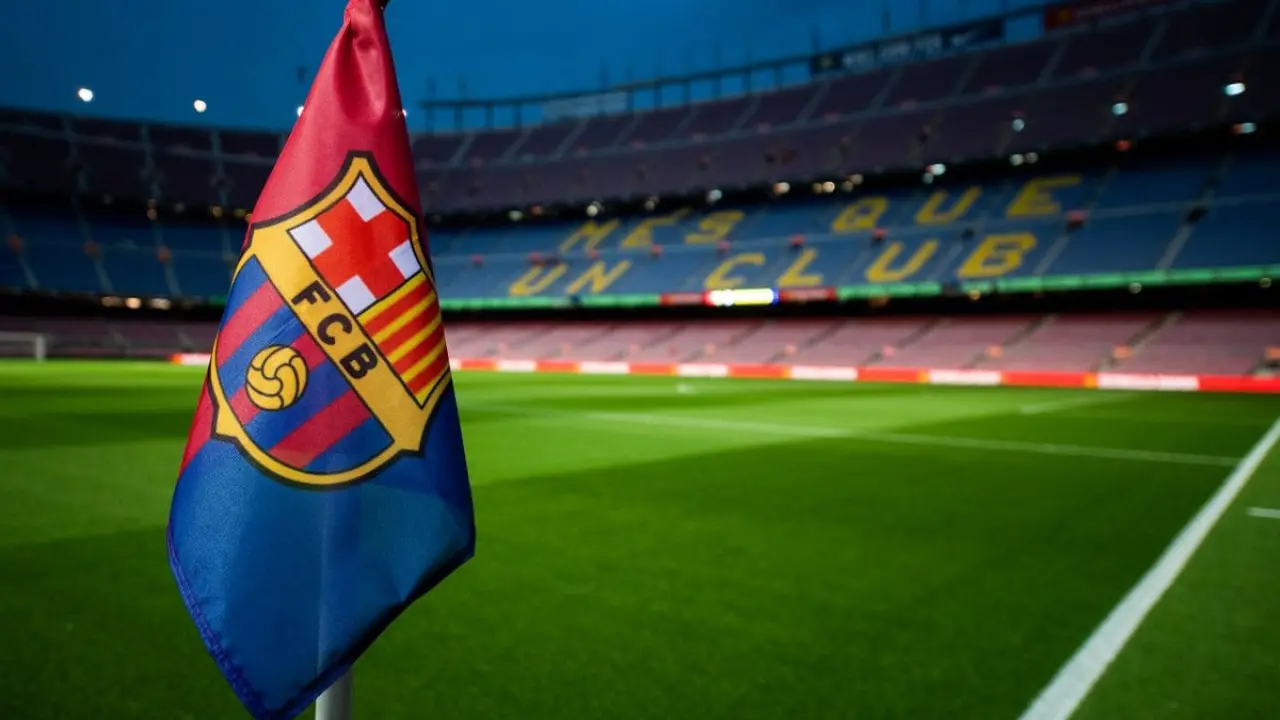When you hear the phrase “Més que un Club” — “More than a Club” — it feels like just another cool football tagline, right?
But for Barcelona, this isn’t marketing. Its identity. It’s history. It’s resistance.
For 125 years, Barça has stood for something far bigger than football.
And the story of how a football team became a cultural and political symbol is what makes FC Barcelona truly unique.
How Barcelona Became “More Than a Club”
The Birth of Barcelona’s Identity
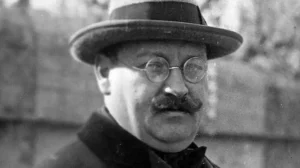
Barcelona was founded on 29 November 1899 by Joan Gamper, a Swiss football enthusiast who settled in Catalonia.
From the start, Gamper made one thing clear – Barça should not only represent football, but also Catalan identity.
That line planted the seed. And over the next century, the club would grow into something far beyond just goals and trophies.
The Franco Dictatorship: Football as Resistance
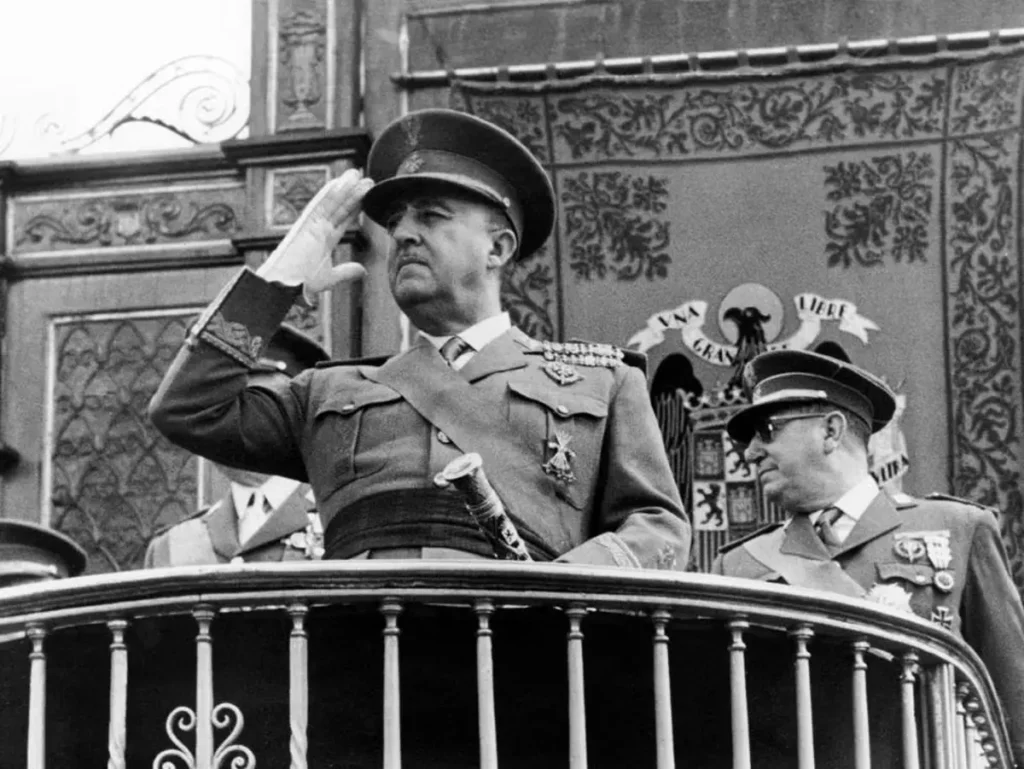
Fast forward to the 1930s–40s. Spain was under the rule of General Francisco Franco, a dictator who brutally suppressed regional identities.
Catalonia suffered the most. The Catalan language was banned in schools, in public offices, and even in the media. The Catalan flag? Forbidden. The culture? Silenced.
But there was one place where Catalans could still breathe, still shout, still be themselves — Camp Nou.
Inside the stadium, people sang the Catalan anthem. They waved their banned flag. They spoke in their banned language. And all of it happened under the safe cover of “just football.”
So when Barça fans say their club is “more than a club,” they mean it literally. For decades, this wasn’t just a team kicking a ball around.
It was a symbol of resistance against dictatorship. A silent but powerful reminder: “We are still here.”
The Birth of the Motto
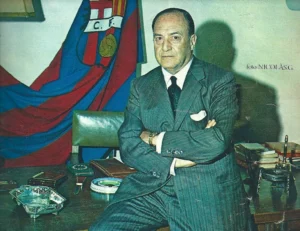
The famous phrase was first coined on 17 January 1968 by Barcelona’s future president, Narcís de Carreras.
When de Carreras said: “Barcelona is more than a football club. Barcelona is more than a place of leisure where we go to watch the team play every Sunday. More than those things, it is the spirit that is so ingrained within us. It wasn’t just about football loyalty. It was a hidden message — Barça had become the voice of a silenced Catalan people.
At that moment, it wasn’t just about describing fan loyalty. It was a hidden message. Barça was the unofficial voice of Catalonia at a time when speaking up was dangerous.
And once fans connected with that, the slogan became untouchable. From political rallies to matchday banners, from the streets of Catalonia to global TV screens, “More than a Club” became Barcelona’s second badge.
Camp Nou: A Stadium of Resistance
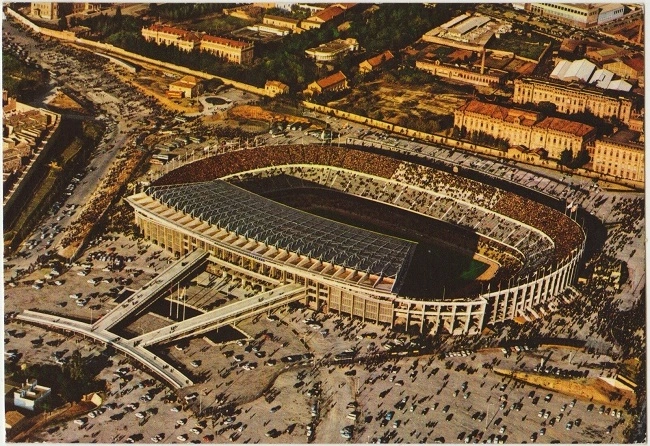
For outsiders, Camp Nou is just a massive football stadium. For Catalans, it was — and still is — their fortress of freedom.
Fans sang the Catalan anthem. They waved banned flags. They spoke their language.
The stadium wasn’t just about football anymore — it was a protest ground. Every match became a statement that Catalonia still existed, even if the regime tried to erase it.
Roots That Go Back Further
Barcelona’s spirit of identity and resistance wasn’t born in the 1960s. It was always there.
In 1908, when the club was on the brink of collapse, founder Joan Gamper gave a vision: “Barça should represent not just football, but Catalonia.”
And in 1951, when Barcelona fans supported a city-wide tram boycott, thousands walked for hours to reach the stadium. Camp Nou turned into a rally of unity.
This is why Barça’s story is different. It’s not just about goals and trophies — it’s about standing for something bigger.
From Philosophy to Practice
In 1973, “Més que un Club” was to be used for Agustí Montal Costa’s presidential campaign in December 1973, but was eventually dropped.
However, by now the expression had clearly caught on among the populace.
Beyond Politics: Social Responsibility
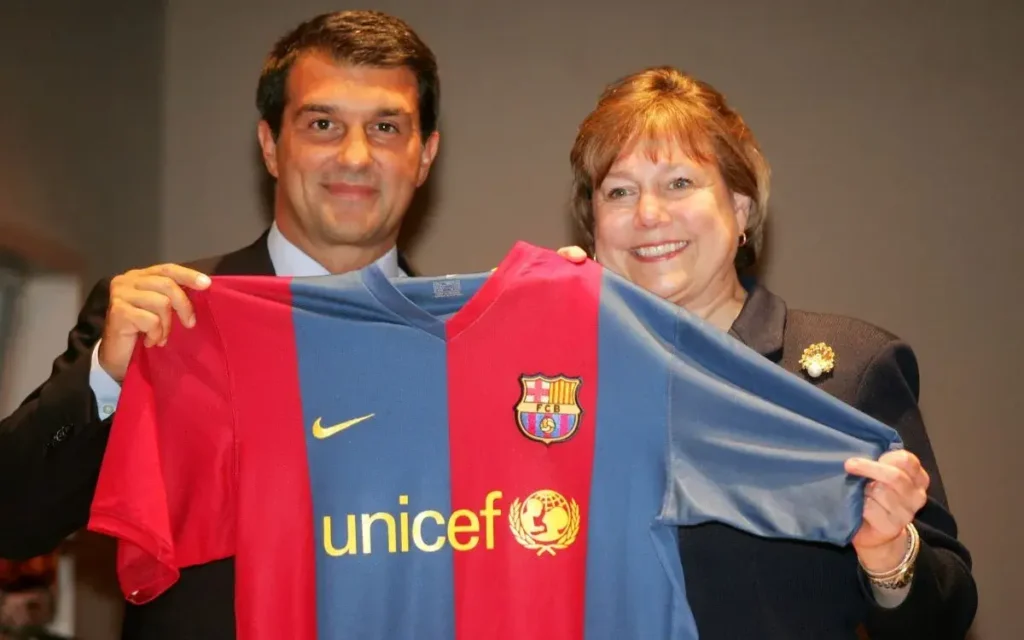
Being “more than a club” isn’t only about politics. It’s also about values.
In 2006, while most football clubs were chasing mega-money sponsorships, Barcelona became the first major club in the world to put a charity sponsor on its shirt — UNICEF. And instead of being paid, Barça actually paid UNICEF to display their logo.
That one move summed up the philosophy: Barça will always stand for something bigger than money.
What It Means Today
Even now, when you enter Camp Nou, you’ll see a giant banner that reads: “Més que un Club.”
It’s not a slogan. It’s not branding. It’s who they are.
For fans, Barça represents Catalonia. For the world, Barça represents the idea that football can be more than sport — it can be culture, identity, and resistance.
FAQs
Q: Why is Barcelona called “More than a Club”?
Because it represents Catalan identity, history, and political resistance, not just football.
Q: Who created the phrase “Més que un Club”?
It was coined in 1968 by Narcís de Carreras, Barcelona’s future president.
Q: Does the motto still matter today?
Yes- the phrase remains central to Barça’s identity, culture, and global image.
Conclusion
Barcelona’s story proves football is never just football. It can be a voice. It can be culture. It can be a fight for something bigger.
When you really look at it, Barcelona isn’t “more than a club” because of Messi, trophies, or tiki-taka. It’s because of the people, the history, and the identity it carries.
For over 125 years, Barça has been a voice for those who couldn’t speak, a symbol for those who felt ignored, and a family for millions around the world.
That’s why when fans chant “Visca el Barça, Visca Catalunya,” it’s not just football. It’s a reminder that this club is — and always will be — more than a club.

